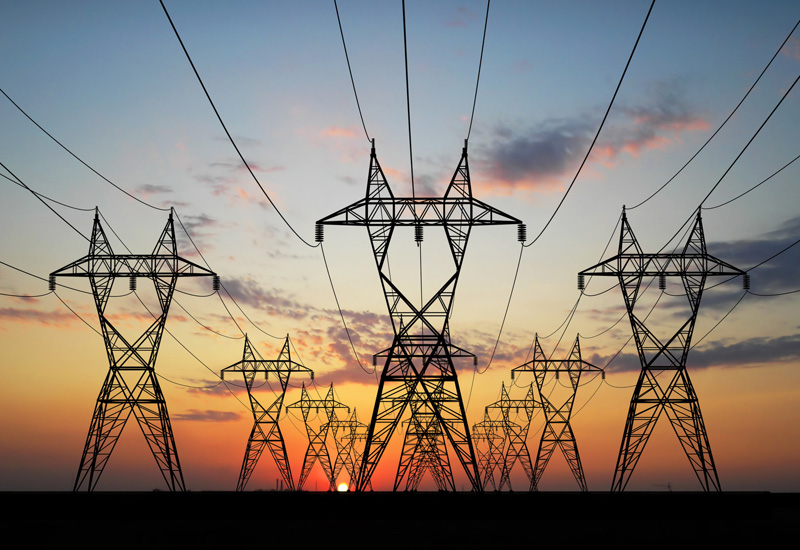Nigerian Govt Says 20,000 Nigerian Communities Lack Access to Electricity
The Rural Electrification Agency has inaugurated a 550kWp solar hybrid mini-grid project in Bakin Ciyawa and Kwande communities, Qua’an Pan Local Government Area of Plateau State to electrify 3,500 households.
This was as it disclosed that at least 20,000 communities nationwide were currently without access to electricity.
The REA Managing Director, Abba Aliyu, said this at a ceremony on Monday.
He said the projects built under the interconnected mini-grid Accelerated Scheme are part of a €11m grant from the European Union and the German government to provide electricity for rural communities.
Aliyu, who was represented by Executive Director of REA, Doris Ugoh, said, “For the Bakin Ciyawa and Kwande communities, the completion of this 550kWp interconnected mini-grid is a game-changer. Bakin Ciyawa now has a 390kWp system, and Kwande has a 160kWp system.
“Together, these systems will provide clean and sustainable electricity to over 3,500 households and countless micro, small, and medium enterprises.”
“The total package they gave us is over 11 million euros which has been divided according to the capacity needs of each community. More than 60 per cent of this project was donated by the EU and the German government.”
He explained that there is a robust plan by the Federal Government through the REA to provide renewable energy to rural communities across the country.
“Under the present government, we are energising a total of 3,700 communities but we are doing it in phases. It is going to be 100 communities per state and we are going to be infusing a total of 370MW of clean energy.
“The first phase, which is going to be 25 communities per state, will be 925 communities across the federation, and we will be infusing over 92MW of clean energy into our energy space”.
He explained that “one of the most profound benefits of these solar mini-grids is their impact on the environment. By replacing traditional fossil fuel-based energy sources such as diesel generators and kerosene, these mini-grids are significantly reducing carbon emissions.
“The 550kWp system installed in Bakin Ciyawa and Kwande will reduce an estimated 600 tons of CO2 emissions annually. This carbon emission reduction is equivalent to taking approximately 130 cars off the road or planting about 15,000 trees each year. These reductions are crucial in mitigating climate change and moving towards a greener future for Nigeria”.
He stressed that while some communities are sweating to upgrade to the quantum of the project, 10,000 communities have been mapped out, “while over 20,000 communities across the federation have not been electrified.”
According to him, protecting the project would encourage the agency to extend the solar project to its adjoining communities.
He said the inauguration was part of the Interconnected Mini-Grid Accelerated Scheme, which was established to accelerate the development of Nigeria’s mini-grid market and provide clean, renewable energy to underserved communities.
Aliyu added, “Through this scheme, we aim to reach 125,000 beneficiaries across Nigeria, across the six geopolitical regions, with the collaboration of our development partners, including German Cooperation, European Union, and GIZ.”

